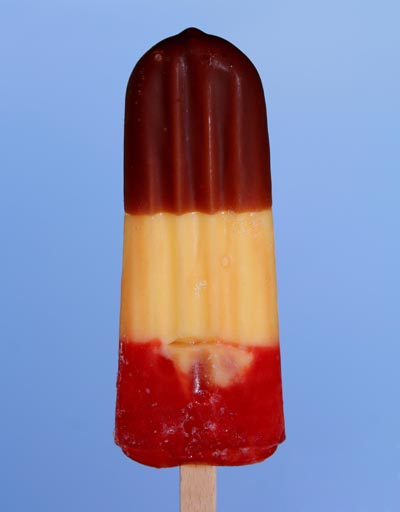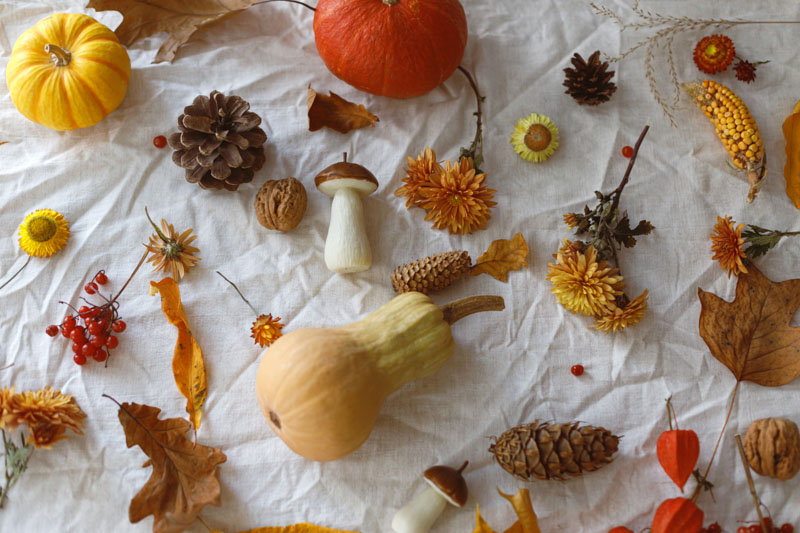Magic Formula of Critical Thinking Projects
Dec. 27, 2015

As we know, little kids don’t like lectures, they simply get bored when they hear monotonous speech. They learn best in a creative, hands-on environment where they can do things themselves. For this reason, try to shorten the time of your speech, but involve their senses in personalized and meaningful for them tasks.
Let’s take a “Popsicle project” as an example.
- Take some water and pour it in a silicone mold (experiment with shapes, your child might like some shapes more than others).
- Put the silicon mold in the freezer and wait till the water freezes.
- Take the ice out and ask a child why the water turned into ice. Keep your eyes and ears open for some hilarious answers. The conclusion your child should come to is that it’s very cold in the freezer.
- Leave the ice cube in a room and watch it melt. At this point ask why it melted, you should get the answer because it’s warm in the room.
- Then take some juice and ask your child what will happen with juice in the freezer and what will happen with juice when you take it out.
- Carry out the project.
- After your child’s theory has been proved, ask her what she learned during the project.
- And here’s the exciting news for your child – she learnt how to make popsicles! Time to experiment with shapes, flavors, and colors!
If you look through all the steps of the project again, you may notice some common ones for all science experiments with kids. First, they observe something, then they make hypothesis and predict what will happen in similar conditions. After they’ve tested the prediction, they can make rules!
And here’s the promised formula for your science adventures!
Observe → make hypothesis → predict → test prediction → make rules











